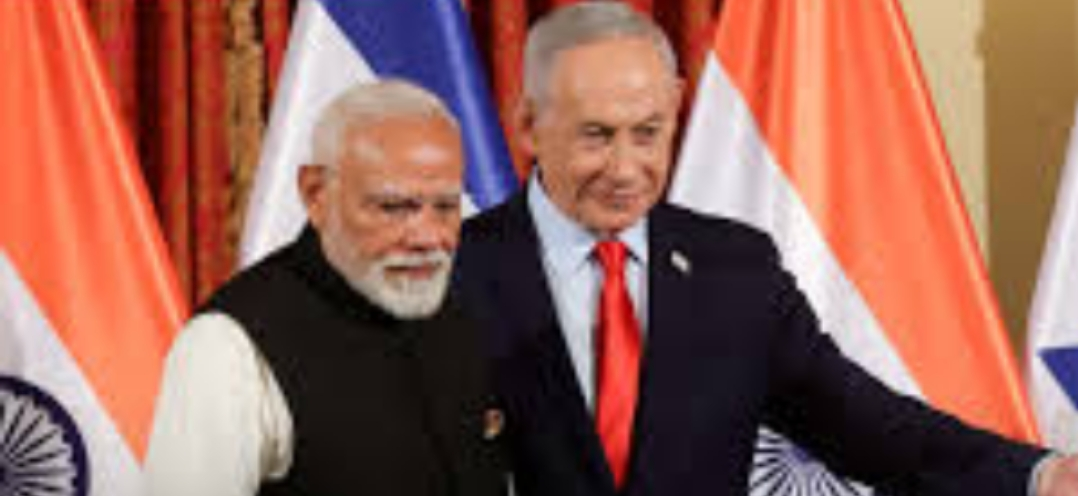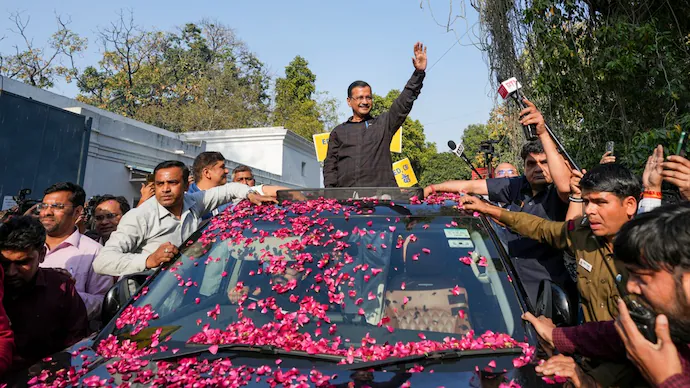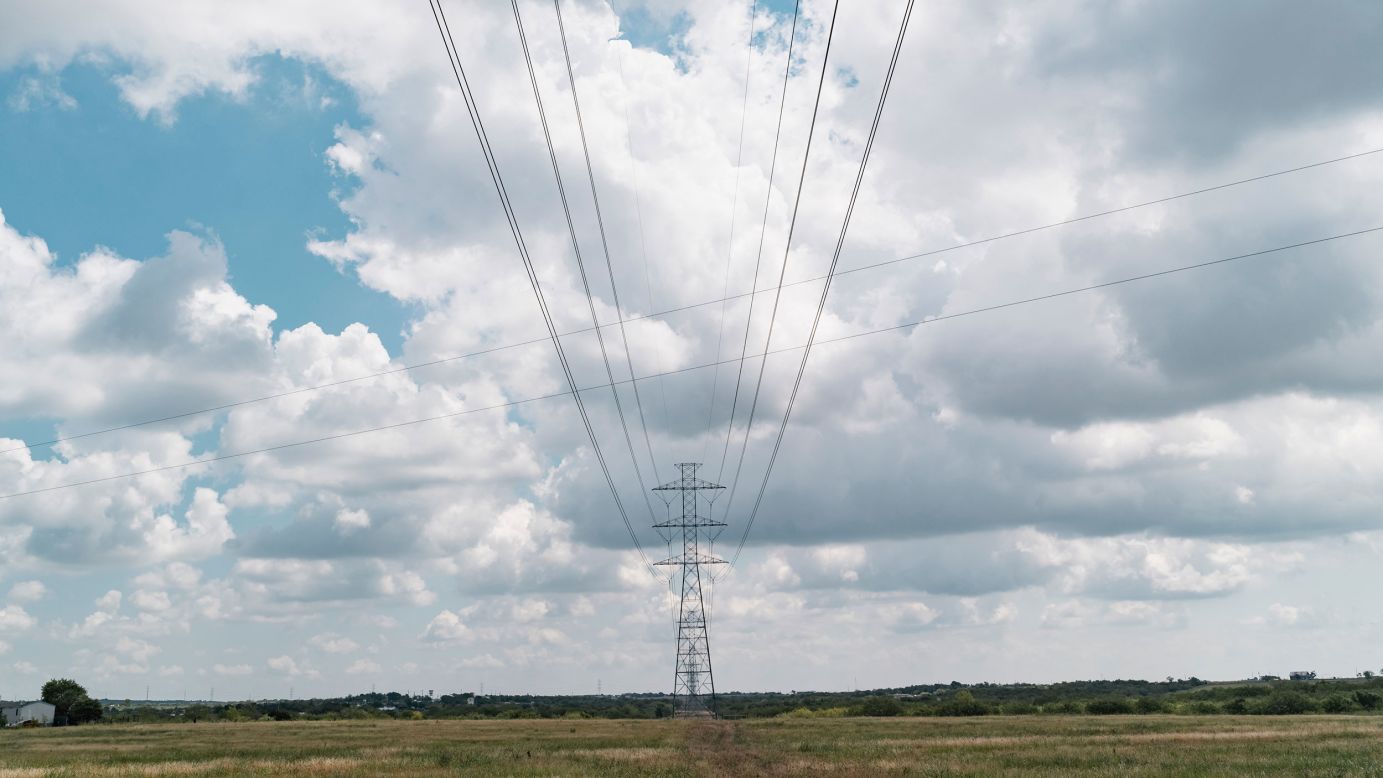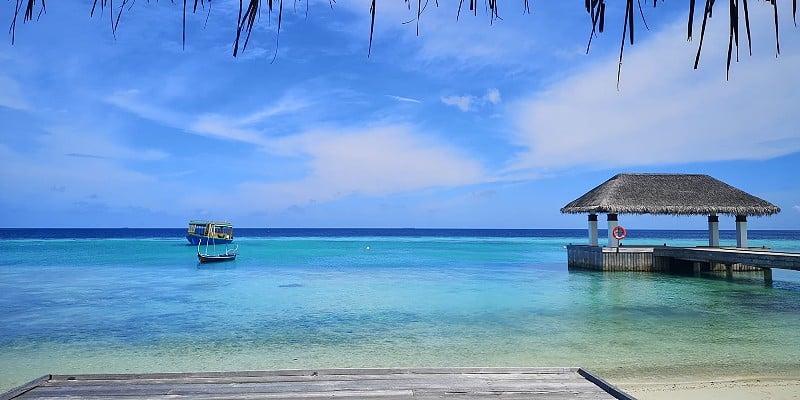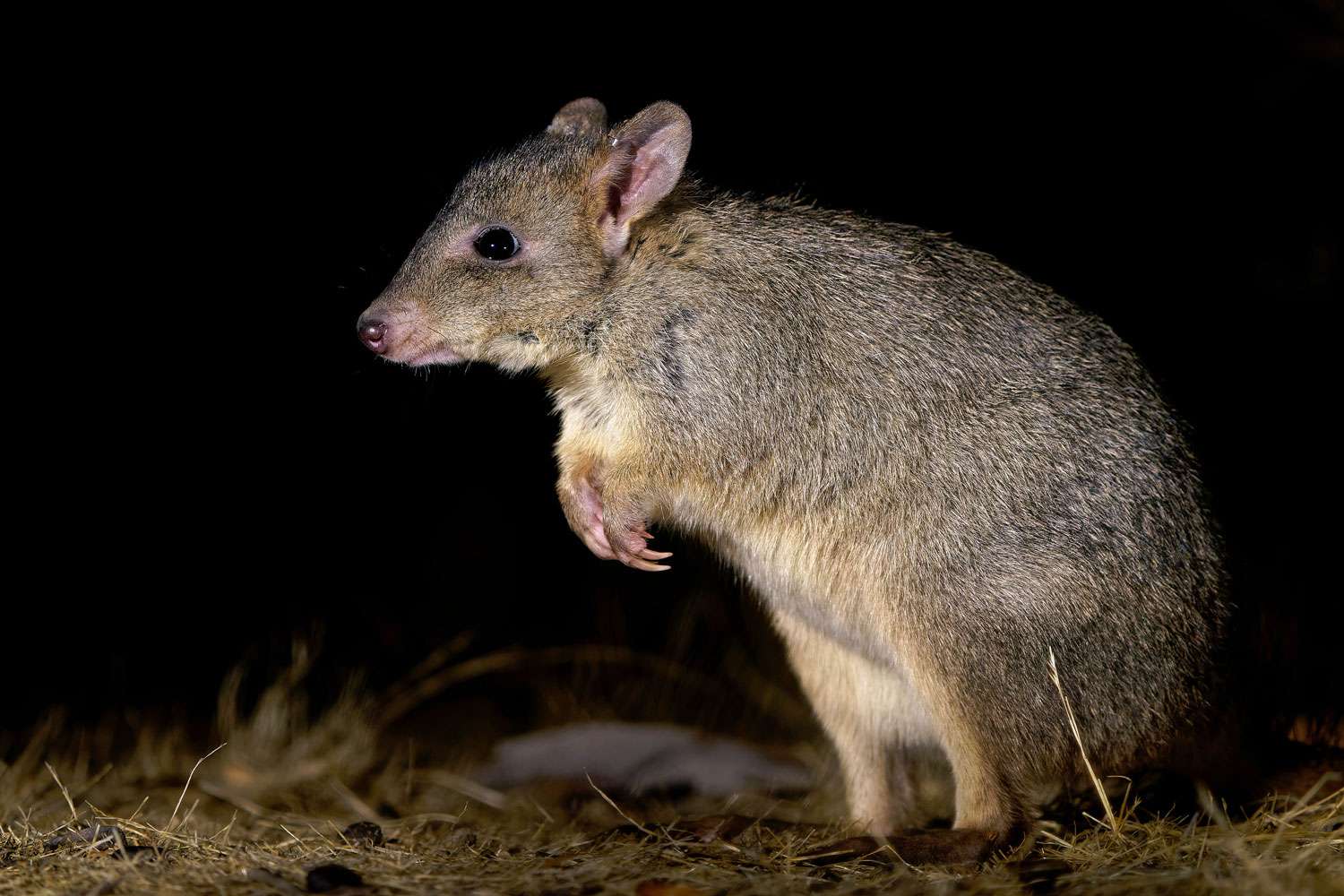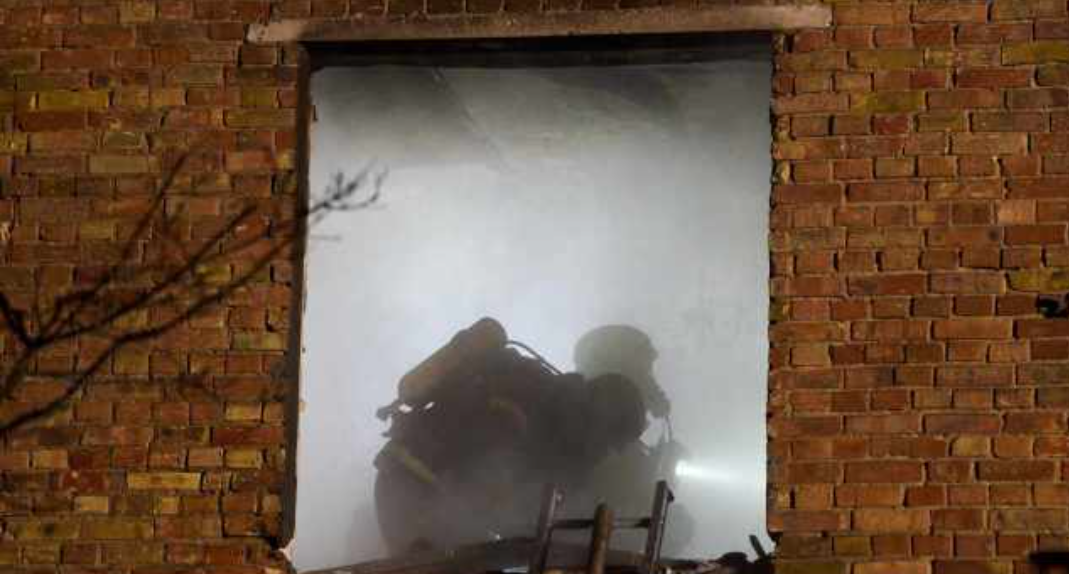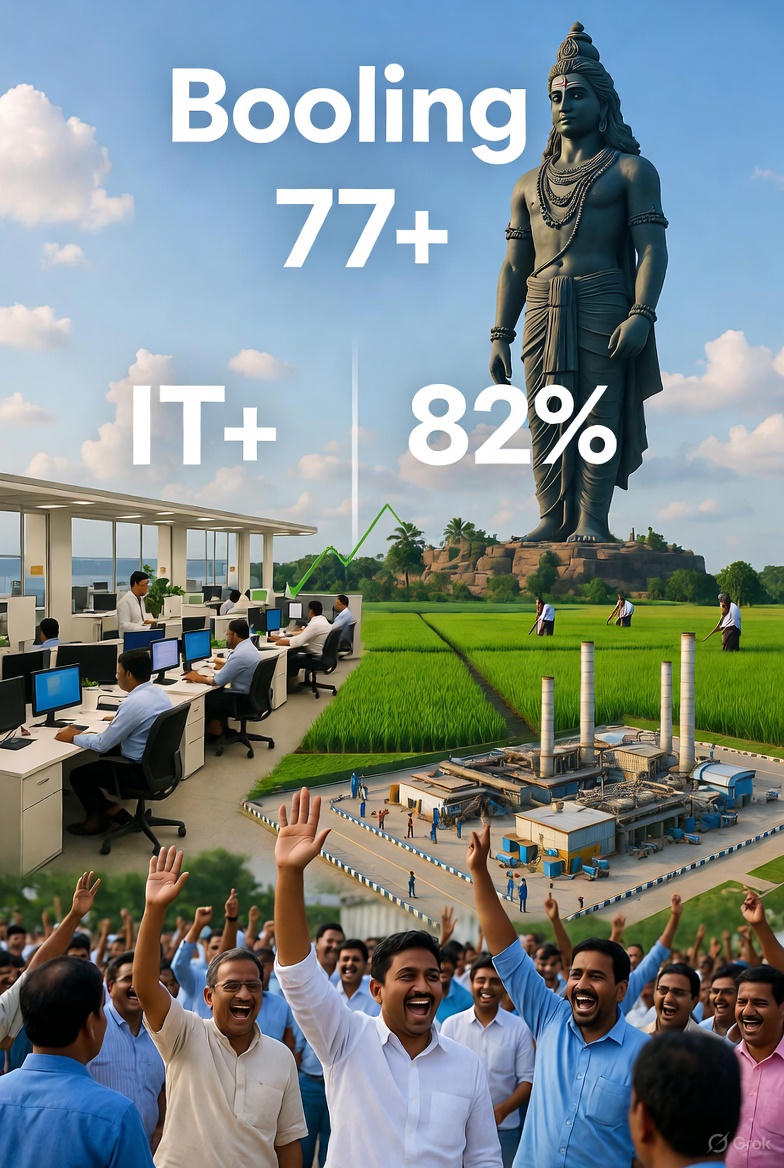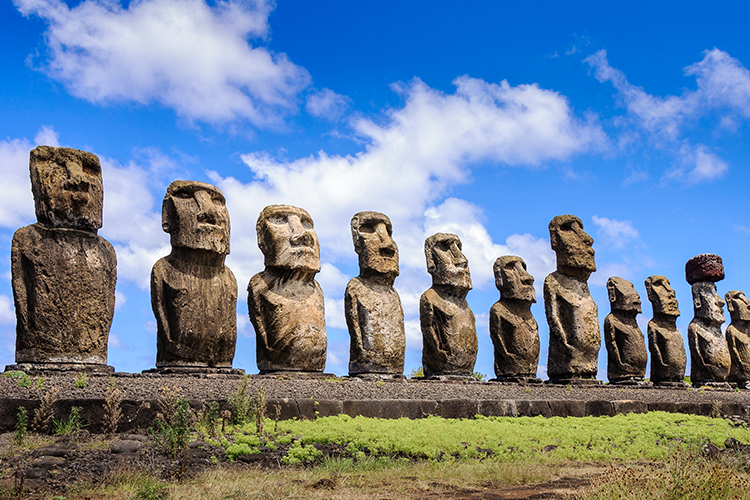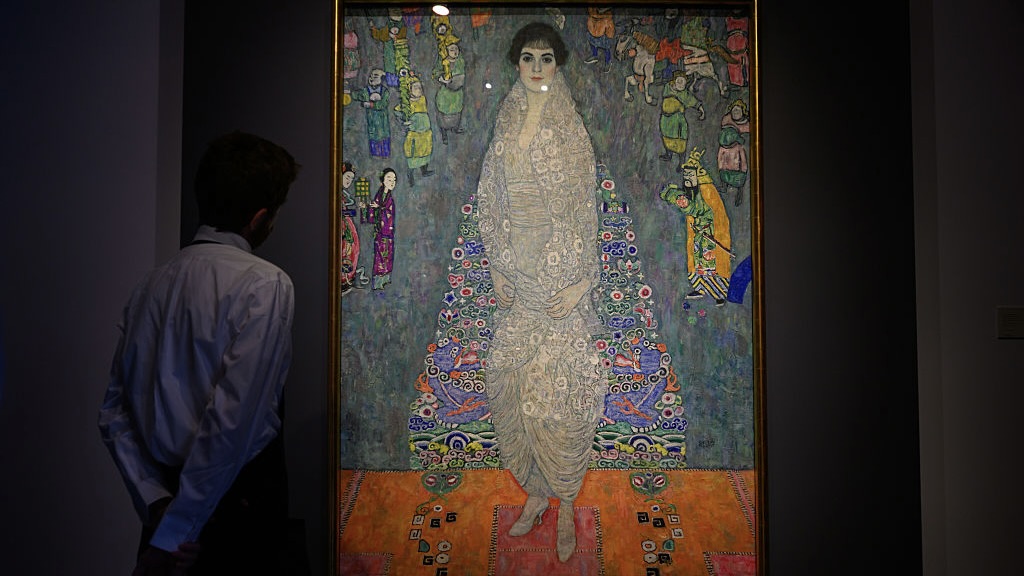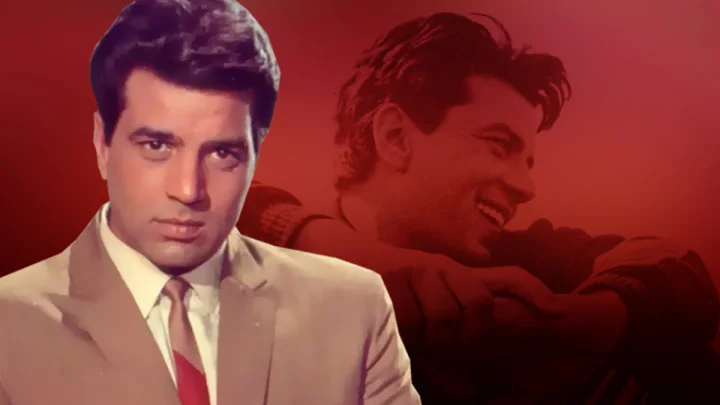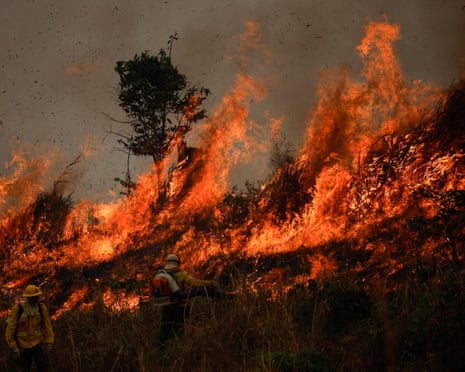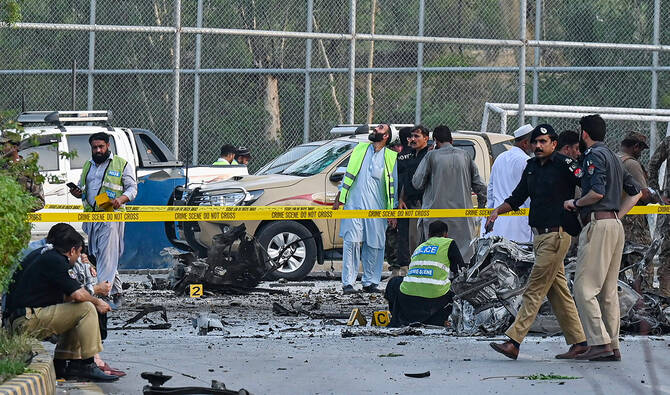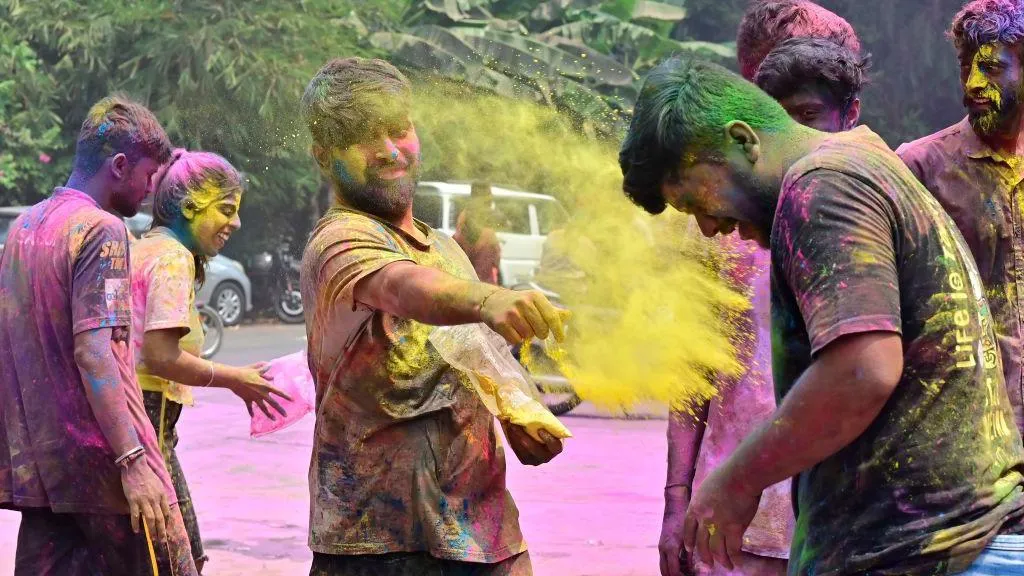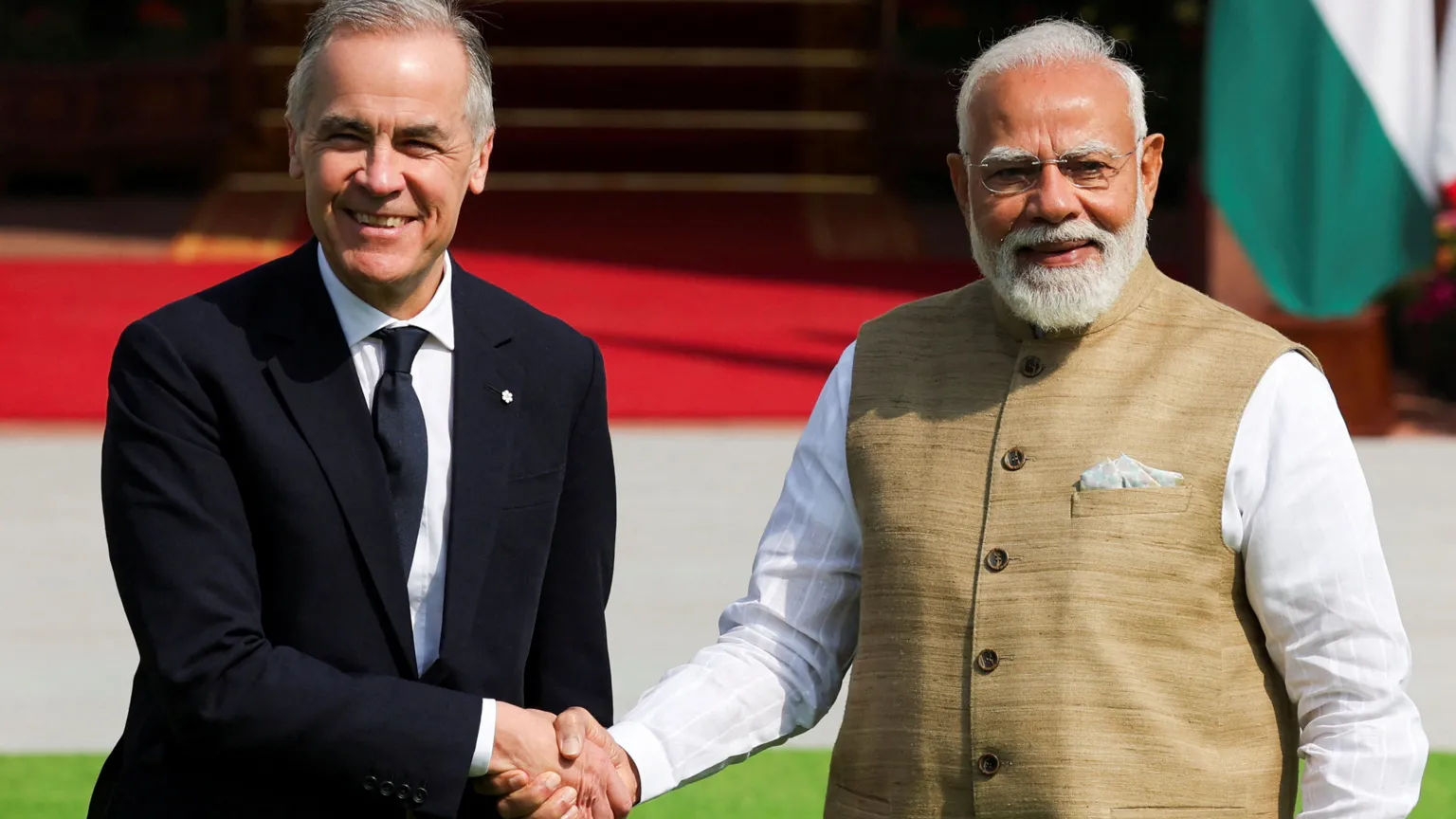November 17, 2025
By Sadab Khan, America News World
DHAKA/NEW DELHI – A special court in Bangladesh on Monday sentenced former Prime Minister Sheikh Hasina to death for “crimes against humanity.” The 78-year-old leader, who has been living in India since August 2024, was tried in her absence.

The International Crimes Tribunal (ICT) found Hasina guilty on three main charges:
- Giving orders to kill peaceful student protesters in July-August 2024.
- Using army helicopters, drones, and guns against unarmed civilians.
- Doing nothing to stop the killings even when she had the power to stop them.
The court said more than 1,000 people died during the protests, many of them students who wanted fair government job rules. The protests grew bigger and finally forced Hasina to run away from the country on August 5, 2024.
In the same case, former Home Minister Asaduzzaman Khan Kamal also got the death sentence. Former police chief Chowdhury Abdullah Al-Mamun got only five years in jail because he said “sorry” to the court and helped the judges.
Inside the courtroom, families of students who were killed started crying and clapping when the judge said “death sentence.” Outside, thousands of students celebrated in the streets of Dhaka.
Sheikh Hasina quickly replied from India. In a written statement, she called the verdict “completely rigged and politically motivated.” She said the court was created by an unelected government and she was never given a real chance to defend herself. “I am not afraid of any fair trial,” she added.
Bangladesh’s new interim government, led by Nobel Prize winner Muhammad Yunus, called the verdict “historic justice for the martyrs.” The government has now officially asked India to send Hasina back so she can be arrested.
A top Bangladesh law adviser, Asif Nazrul, warned India: “If India keeps protecting this criminal, it will be seen as an unfriendly act against 170 million Bangladeshi people.”
India has not yet answered the request. Sheikh Hasina’s son, Sajeeb Wazed, who lives in the United States, said earlier today, “My mother is safe in India. Nothing will happen to her.”
Hasina was the longest-serving prime minister in Bangladesh’s history (2009–2024). Many people in the West and in India saw her as a strong friend who brought economic growth and kept the country stable. Critics say she became authoritarian, put thousands of opposition members in jail, and fixed many elections.
After students forced her out last year, angry crowds destroyed her father’s statues and attacked offices of her party, the Awami League. The party is now banned from politics in Bangladesh.
Human rights groups are divided. Some say the 2024 protests were truly peaceful at first and the police and army used too much force. Others worry that the new trials are “winner’s justice” and may be used to crush Hasina’s supporters forever.
What happens next?
- Bangladesh will keep asking India to extradite Hasina. There is an extradition treaty between the two countries, but it has a rule: no one can be sent back if the crime is “political.”
- Hasina can appeal the verdict, but she would have to come back to Bangladesh to do it – something she refuses to do.
- More big trials are coming. Many former ministers, police officers, and Awami League leaders are already in jail waiting for similar cases.
For India, this is a big diplomatic problem. Hasina is the daughter of Bangladesh’s founding father Sheikh Mujibur Rahman, and India helped her family in the 1971 war of independence. Giving her up could make Bangladesh’s new government happy, but refusing could make the two neighboring countries fight again.
As night fell in Dhaka, thousands of young people danced in the streets and shouted “Justice is done!” At the same time, in New Delhi, a quiet house where Sheikh Hasina is staying remained heavily guarded by Indian security forces.
The story of Bangladesh’s “student revolution” is still being written – and the next chapters may decide peace or new conflict in South Asia.
Discover more from AMERICA NEWS WORLD
Subscribe to get the latest posts sent to your email.

